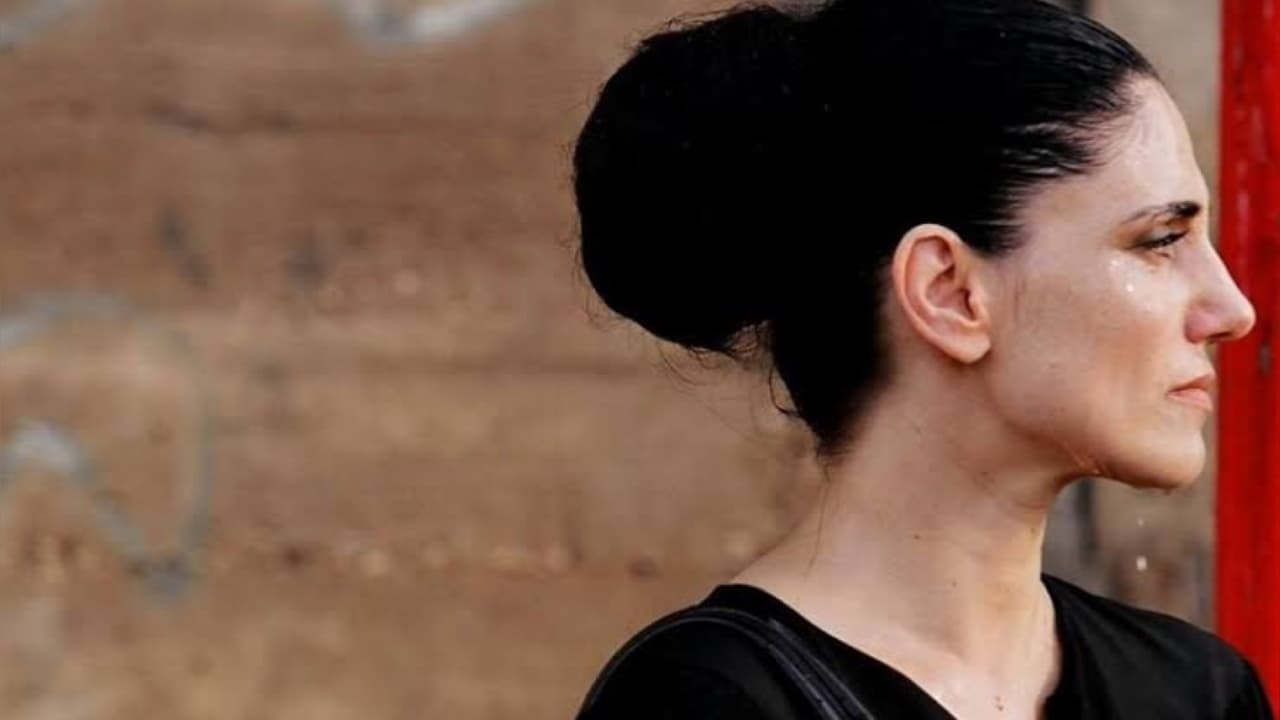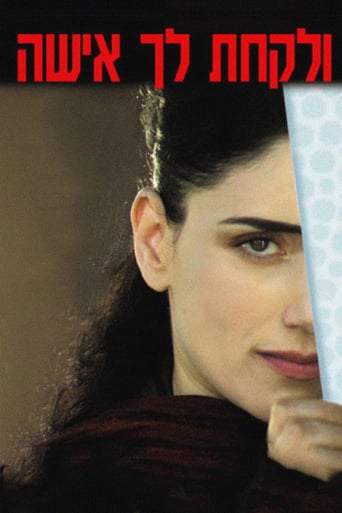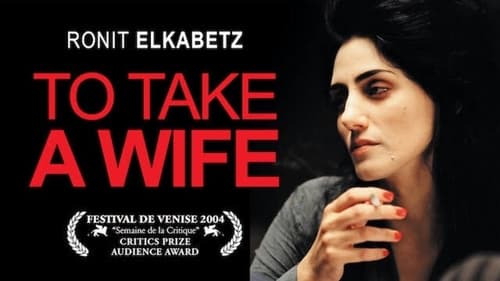Colibel
Terrible acting, screenplay and direction.
Gutsycurene
Fanciful, disturbing, and wildly original, it announces the arrival of a fresh, bold voice in American cinema.
mraculeated
The biggest problem with this movie is it’s a little better than you think it might be, which somehow makes it worse. As in, it takes itself a bit too seriously, which makes most of the movie feel kind of dull.
Mandeep Tyson
The acting in this movie is really good.
aphrodisiaciix
The movie is well directed and well acted with interesting/engaging characters (even down to the supporting cast, i.e. the grandmother). The subject of family relationships between husband and wife, mother and children, father and children... sprinkle in neighbors, past lover, religious customs, and self-desires... Voila! a mundane life story becomes surprisingly appealing and absorbing. We all can relate to the characters since they are someone we have definitely have seen or experienced through in our own life. Some can even easily see themselves and their life through these characters. This movie is definitely worth the time and recommended for mature audiences.
ReganRebecca
I completely fell in love with Elkabetz's final film Gett: The Trial of Viviane Amsalem. It's such a complete film I didn't realize until much later that it was the final piece in a trilogy, the first being To Take a Wife. To Take a Wife works much the same way. You don't need to know that it is part of a trilogy, it works very well on its own. Ronit Elkabetz plays Viviane Amsalem. When we meet her she is completely silent, and remains so for a good portion of the running time. Men around her beg and plead with her. It's because Vivane wants a divorce from her husband, and her ultra religious family are appalled and want her to give her husband a chance. The scene ends with Viviane relenting, but the rest of the movie is preoccupied with showing just how bad the Amsalem's marriage is. In Gett, Viviane talked about the torture of their marriage, but it was never seen. In To Take a Wife, we learn just how bad things can get between two people who are completely ill suited to one another. This is the debut film for Elkabetz and her brother and co-director. Unlike Gett this doesn't rise to the level of full masterpiece but it's an excellent showcase for Ronit nevertheless and her portrayal of Viviane is heartbreaking and feels real and lived-in.
peter henderson
In Ve'Lakhta Lehe Isha (2004) (To Take a Wife) Ronit and Shlomi Elkaberz have written, directed and taken the lead roles in a harrowing but tragically realistic depiction of the last days of a marriage – surely it can't go on as it is. As another pindividual said - "Moses permitted you to divorce your wives because your hearts were hard. But it was not this way from the beginning. I tell you that anyone who divorces his wife, except for marital unfaithfulness, and marries another woman commits adultery." (Matthew 19:8,9) There is hardness aplenty in the wife's heart. It would seem that the divorce prescribed in Moses' Law is the only sensible solution to the problem. Like the members of the family being affected by all the unhappiness of the wife and mother, acted with just the right amount of demonstrative unhappiness rather than shallow hysteria by Ronit Elkaberz, it is not pleasant to witness the unwinding of the tie that should have bound the husband and his wife. The clever scripting of the film uses the minutiae of everyday life in an Israeli family to depict the unfolding story of the final dissolution of a marriage. The husband's plight is one of great loss. Divorce has afflicted his brother. Familial bereavement has cast a pall over his life. The religious practices he follows with such devotion do nothing to shield him from the horrors of his unfolding life. He evokes the sympathy of the viewer. He is a gentle man. The number of children he has procreated with his wife (are they all his?) would indicate a loving relationship, at least at the outset of the marriage. He seeks to provide domestic assistance in the running of the household. The viewer must ponder whether the wife's complaints about the missing "romantic gestures" would have changed anything. Such chimera take new and different forms once they have passed themselves off as the solution to the problems that can be presented by marital familiarity. He clings vainly to his religion but neither his wife nor his progeny seem to empathize with his hope and faith. The last scene, in which he intones in the synagogue the words of Hosea, the biblical prophet who married a harlot, opens up the possibility that the story may have some wider relevance than just to the events depicted in the film. Hosea depicts God telling Israel that they are no longer his people. That he no longer loves them. They are cast off from his care. Hosea does have a happy ending. After much atonement, Hosea redeems his wife just as God redeems the people of Israel from the slavery and harlotry into which they have sunk. But this can not be accomplished until there has been a change of heart. It is difficult to see any change of heart taking place in this story. Like the characters in Mike Leigh's films, such as "Bleak Moments", there is a state of stasis that allows for no apparent solution. A breakdown in the family structure appears to be immanent. Moses had a point. Some things that get broken just don't go back together again. The story of Hosea, though equally harrowing, has a much more joyful conclusion.
Omri Alon
Ronit Elkabetz has a tendency for extravagant characters and in this film portrays yet another. Her loveless marriage in shambles, her old lover back in Israel, she stumbles from one situation to the next as if under no power of her own. Her husband, her children, her neighbors, her lover -- they all seem more like obstacles in her path toward self-actualization than characters she feels anything for.The narrative is awkward and confused, the characters seem to lack any particular drive, but it still all kind of pulls together because of the emotional immediacy created by explosive bursts from various characters well-captured by the camera in close-up.While I can't say I thought it was a very good film, it's definitely interesting. If Shlomi and Ronit Elkabetz can tighten up their storytelling, their next work should be truly unique.


